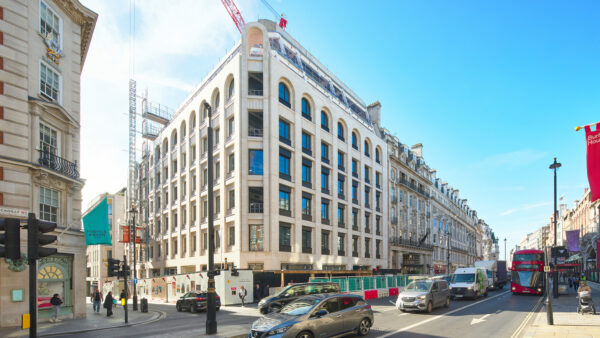CM spoke to an Industrial Rope Access Trade Association (IRATA) level 3 rope access supervisor with more than 10 years’ experience in both the construction and oil and gas sectors to get a first-hand understanding of how safety at height is perceived.
“Rope access is a potentially dangerous industry, but if you do it right, maintain all actions and follow all procedures it can be very safe. Unfortunately on some jobs safety is not taken as seriously as it should be.
“It’s hard to tell before you start working on a job how seriously safety will be taken. Every site you go to gives the same health and safety talk, as they are legally required to, but this doesn’t mean they take it seriously, they can just be running through the motions. You can only tell when it comes to the crunch, when something unsafe is happening, by how the person in charge reacts.
This is not a paywall. Registration allows us to enhance your experience across Construction Management and ensure we deliver you quality editorial content.
Registering also means you can manage your own CPDs, comments, newsletter sign-ups and privacy settings.
“UK legislation says that management have a responsibility to provide a ‘reasonably practicable’ safe system of work. But you also have a responsibility for your own safety, so in theory everyone is empowered to stop working when they think something is unsafe. In reality this is not the case. There can be a tension between boss and employer as there is a real chance that if you are holding up a job, especially for a small employer, you are damaging the bottom line. Most jobs don’t have the budget to stop work for two days.
“On shore, people in rope access are often self-employed so want to work whether it is wet, windy or dangerous. On site there are times you are asked to do something and you know you are uncomfortable with it; to stop it someone has to stand up and say it is unacceptable. This can be tough depending on the job. And of course, in an emergency when something has to happen very quickly you will still get pushed to do things you’re not comfortable with.
“Oil and gas is really, really safe and that’s why I moved to this industry. Although on larger construction sites safety is usually taken seriously, on smaller sites you do not feel empowered to stop working when it gets unsafe. After one too many unsafe experiences I decided to move.
“To make sites safer, direction needs to come from the top down and this is what happens in oil and gas where the large companies really stamp their feet about safety. This trickles down to the point where my boss tells me I have to report anything unsafe and I feel empowered to stop working when a job becomes unsafe.”











